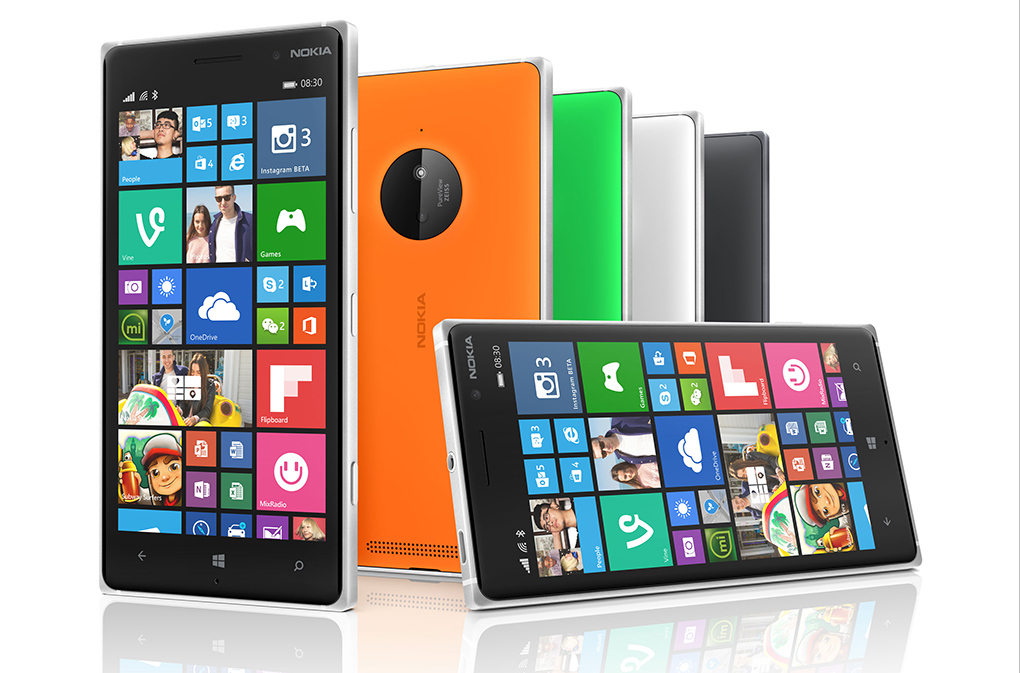It’s quite possible you would have previously read about Microsoft’s intentions to kill off the Nokia and Windows Phone brands last month; however it has been confirmed today that it’s now official.
Nokia; a brand recognised across the globe and at one point, the most successful and valuable company too. Over the years it has had many a success, with popular handsets such as the 3210 which is become one of the most popular devices of all time and up until 2010 the company’s entry level Nokia 1100 handset released in 2003 became the best-selling mobile phone of all time shipping over 200 million units, contributing to the company’s rise in developing markets.
Nokia’s Symbian OS was a massively popular OS with market share reported at 62.5% back in 2007; however with the release of the iPhone, Apple’s market share double in the space of a year and Nokia took quite a hit which saw a decline of over 10% in the last quarter of that year.
In 2009, Nokia released the N97, a touchscreen device which also featured a QWERTY sliding keyboard. The company said the focus of the handset was on social networking, which was growing massively at the time. The handset turned out to be quite a success for the company, despite its mixed reception. Over the next couple of years, Nokia released a few more Symbian based devices such as the Nokia E52, also another handset that proved to be popular. However, market share for the Symbian OS dropped from 52.4% in Q4 2008 to 46.1% only a year later.
Unfortunately for Nokia the decline continued with the ever increasing growth of both iOS and also Android enabled smartphones entering the market.
In 2011, Nokia’s CEO Stephen Elop, a former head of Microsoft business division, unveiled a new strategic alliance with Microsoft; he announced it would shift its efforts to Windows Phone OS from the Linux-based MeeGo and also Symbian.
The following year, Nokia struggled financially and announced that the company would be laying off 10,000 employees globally by the end of 2013. In addition, it would shut down its production and research sites in Finland, Germany and Canada
After restructuring, in 2013 the company managed to recover some market share, however profits were still short of expectations. Then, later that year Microsoft announced that it would acquire Nokia’s mobile device business in a deal worth €3.79bn, along with another €1.65bn to license Nokia’s portfolio of patents for 10 years; a deal totalling at over €5.4bn.
The deal was finally completed in April this year, although it’s only now the brand transition has been completed. From now on, The Nokia brand will be phased out entirely, the current phones will be known as “Lumia” devices while Nokia online properties will be re-directed to Microsoft.com. As the re-branding effort expands, eventually it will become “Microsoft Lumia”.
Nokia as a brand will still exist, although as part of the agreement with Microsoft, it will no longer manufacturer any phones; instead, it will focus on producing software such as mapping – and now, with no more exclusivity to worry about , it’s quite possible we may start to see Nokia apps appearing for both Android and iOS too.


